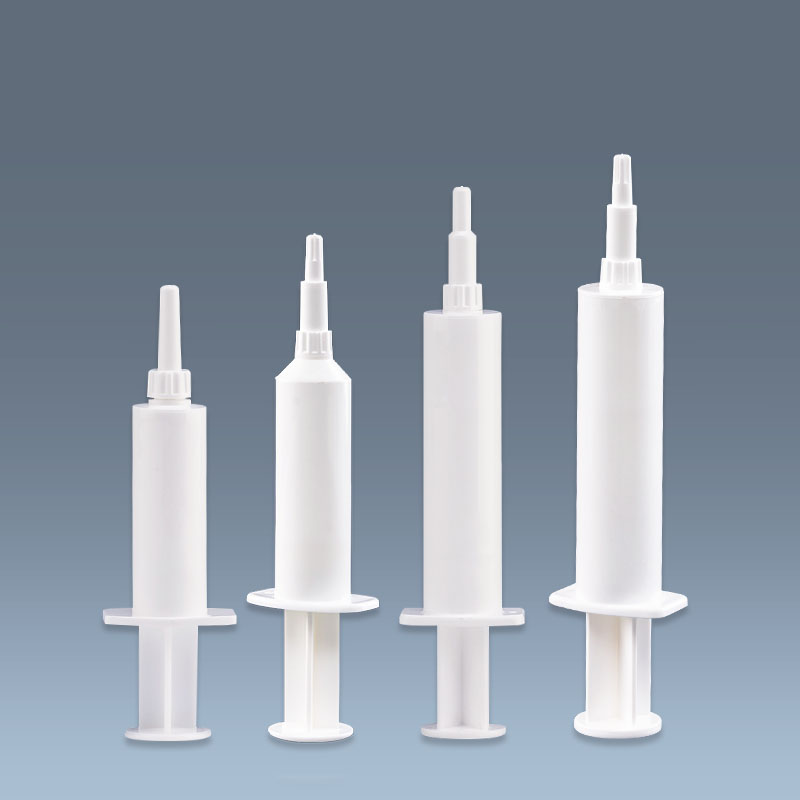Mar. 12, 2025
In modern veterinary medicine, prefilled syringes play a crucial role in ensuring animal health and drug efficacy. Their sterility testing process is an essential step in guaranteeing the safety of veterinary pharmaceuticals.
Importance of Sterility in Prefilled Syringes
Prefilled syringes are widely used in veterinary applications such as:
Intramammary treatments for dairy cows
Uterine infusion medications
Oral nutritional pastes for pets
Since these medications are directly administered to animals, their packaging must maintain a high level of sterility. Any microbial contamination can compromise the drug’s efficacy and pose serious health risks to animals, making strict sterility testing essential.

veterinary pre-filled syringes
According to China’s T/CVDA 1—2019 standard for Veterinary Prefilled Plastic Intramammary Injectors, the sterility testing method is strictly regulated:
Sterilization Treatment: The prefilled syringe undergoes sterilization.
Sample Preparation: A sample of the medication is extracted and mixed with sodium chloride injection solution.
Incubation in Culture Media: The solution is introduced into:
Thioglycollate Fluid Medium (TG)
Tryptic Soy Broth (TSB) Medium
Controlled Culturing: The samples are incubated at specific temperatures to detect microbial growth.
Compliance Check: The results are assessed based on the sterility testing standards outlined in the Chinese Veterinary Pharmacopoeia.
Ensuring Long-Term Sterility
This rigorous sterility testing process ensures that prefilled syringes maintain their sterile state throughout production, effectively preventing contamination and infection risks. By adhering to strict quality control standards, veterinary pharmaceutical manufacturers can ensure their products meet regulatory requirements and provide safe, effective treatments for animals.
Conclusion
Sterility testing of prefilled syringes is not just a technical requirement—it is a vital safeguard for animal health and veterinary drug efficacy. The meticulous sterility assurance process reflects the veterinary industry’s commitment to product quality, safety, and responsibility in animal healthcare.
 冀ICP备11016487号-1
冀ICP备11016487号-1